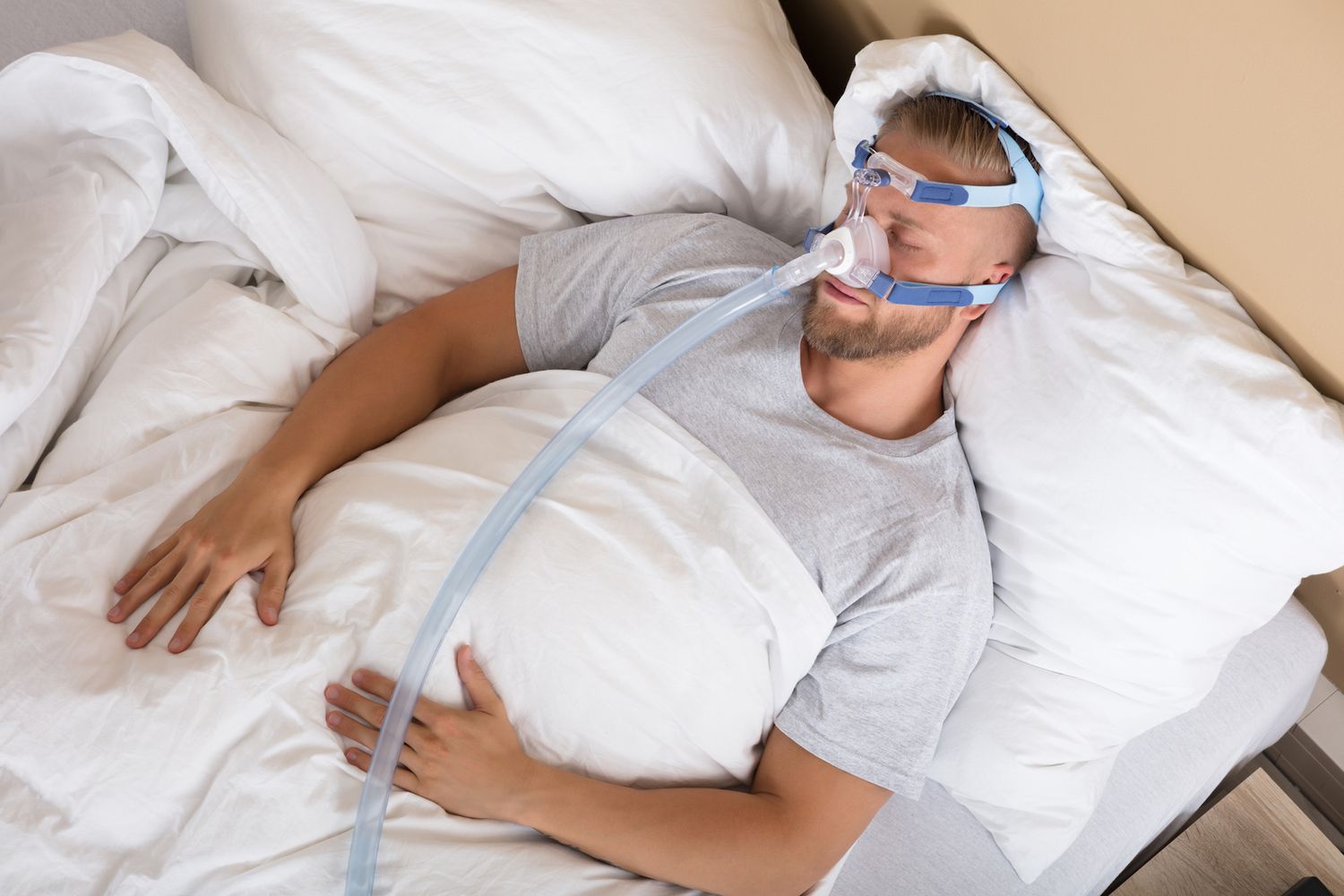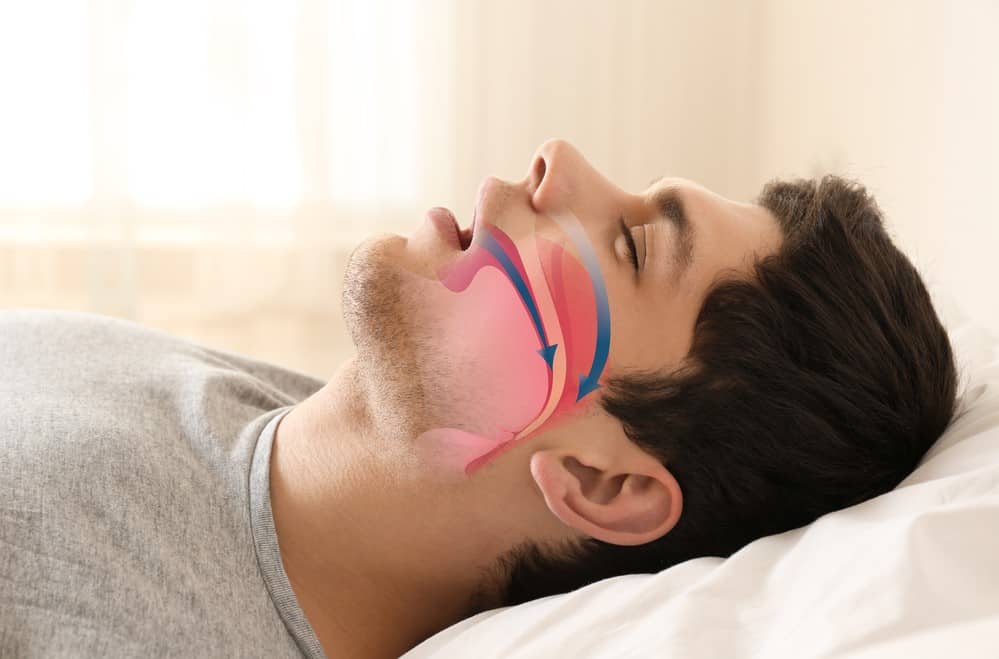Sleep apnea is a disorder that causes you to stop breathing while asleep. Your brain tries to protect you by waking you up enough to breathe, but this prevents restful, healthy sleep. Over time, this condition can cause serious complications. However, this condition is often very manageable, especially with close adherence to prescribed treatments.
Sleep apnea is a condition that causes you to stop breathing while you’re sleeping. The word “apnea” comes from the Greek word for “breathless.” Sleep apnea happens because you stop breathing in your sleep. This happens either because of blockage of your airway (obstructive apnea) or because your brain doesn’t correctly control your breathing (central apnea).
The resulting lack of oxygen activates a survival reflex that wakes you up just enough to resume breathing. While that reflex keeps you alive, it also interrupts your sleep cycle. That prevents restful sleep and can have other effects, including putting stress on your heart that can have potentially deadly consequences.
Sleep apnea can happen to anyone, ranging from infants and children to older adults. Obstructive sleep apnea is more common in certain circumstances and groups of people:
Before age 50, it’s more common in men and people assigned male at birth (AMAB). After age 50, it affects women and people assigned female at birth (AFAB) at the same rate.
Central sleep apnea is most common in certain groups of people:

Nearly half of adults snore, and over 25 percent are habitual snorers. Problem snoring and sleeping disorders are more frequent in males and people who are overweight, and usually worsen with age.
Symptoms associated with OSA can include:
Loud snoring
Pauses in breathing during sleep
Waking up gasping or choking
Waking up with a dry mouth or sore throat
Daytime sleepiness or fatigue
Frequent nighttime urination
Morning headache
Irritability, mood changes, depression, difficulty concentrating
High blood pressure, heart disease, stroke, or other cardiac issues
